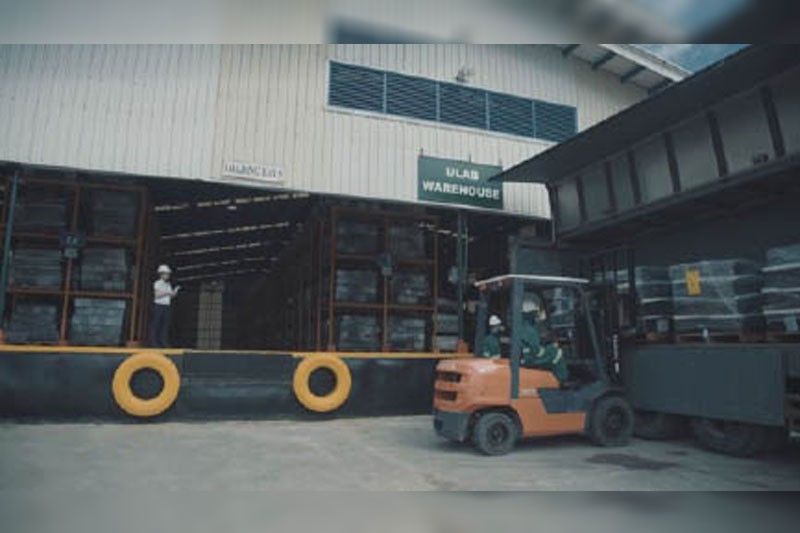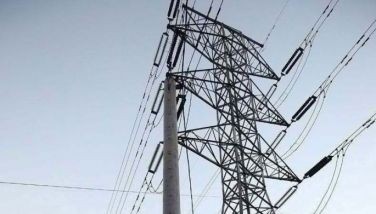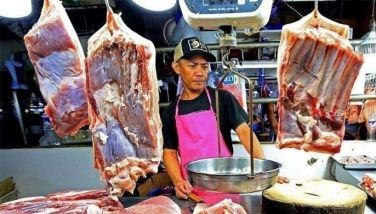Motolite shows the way in green manufacturing

MANILA, Philippines — Ever wondered where those used Motolite batteries that you are trading in when you buy new ones are headed to?
They go to the world-class battery recycling plant called Evergreen Environmental Resources Inc. (EERI) in Bulacan. EERI’s state-of-the-art facility recycles around three million batteries every year.
Considering a battery’s average weight of 15 kilos, EERI – with the help of Oriental and Motolite Marketing Corp. (OMMC) and its other corporate partners – is reprocessing for economic use anew some 45,000 metric tons (MT) of waste annually.
To better understand the scale, this is already equivalent to the volume of solid wastes being produced by the entire country – with a population of around 110 million – for about one-and-a-half days. According to a Senate report, the Philippines was producing around 36,000 MT of solid waste every day as of 2016.
Factor in the chemical components of batteries, EERI is effectively saving the environment from the haphazard dumping of pollutants, as what is happening now with the other batteries being marketed in the country today.
Sustainability push
With EERI’s technology and internationally certified operation, more than 96 percent of a used lead-acid battery’s components are being recovered.
This means that 96 percent of the lead and plastic parts are being mined out of the battery. Even the water and acid components are being reprocessed and reused. Simply put, one new battery can be manufactured from every used battery that is brought to EERI.
With EERI serving as the third-party recycler of market leader Motolite and its manufacturer Philippine Batteries Inc. (PBI), the country is assured of a sustainable source of lead-acid batteries.
This is a great example of “urban mining” being put to good use by Motolite and EERI.
Green partnerships
To make sure the used batteries are not ending up in landfills or rivers and creeks, Motolite has been encouraging its customers to trade in their old batteries when they buy a new unit.
Motolite and EERI have also forged partnerships with civic organizations like the Philippine Business for Social Progress (PBSP) and the ABS-CBN Foundation for their projects Balik Baterya and Bantay Baterya, respectively.
Big corporations such as PLDT, Inc., San Miguel Corp., Globe, Meralco, Nestle, and Energy Development Corp. are also involved in these projects. They donate their used automotive batteries to PBSP and ABS-CBN Foundation.
Motolite then collects and pays for these used batteries. The proceeds go to the social development programs of PBSP and ABS-CBN Foundation.
After that, Motolite brings all these used batteries to EERI for recycling. The lead, plastic pellets, and other recycled materials produced by EERI are then channeled back to the production facility of PBI in Sta. Maria, Bulacan.
Because of this urban mining being done by Motolite and EERI, PBI is no longer buying primary lead, thus, eliminating the need for environmentally destructive lead extraction from underground mines.
The processing of secondary lead also requires 40-percent less energy compared to using primary lead.
For plastic components, PBI already has enough pellets for the black plastic parts of batteries. It only needs to buy virgin plastic resins for the colored casings or parts, which represent only about 30 percent of its requirements.
EERI’s state-of-the-art pollution control devices also keep its operations emission-free.
ISO-certified
EERI, although certified already as being a pioneer in technology in the Philippines by the Board of Investments, continues to invest a lot of money for its equipment upgrade and R&D to make sure the facility is constantly improving its recycling methods and adhering to international standards.
Aside from hurdling the stringent requirements of the Department of Environment and Natural Resources, EERI has received the ISO (International Organization for Standardization) 14001:2015, 9001:2015, and 50001 certifications as well.
ISO 14001 is the international standard for an effective environmental management system, while ISO 9001 specifies the requirements for a quality management system. ISO 50001, or the Energy Management System, is the international standard that ensures continual improvement in energy performance aimed at reduction in energy use, therefore reducing costs and greenhouse gas emissions.
- Latest
- Trending





























